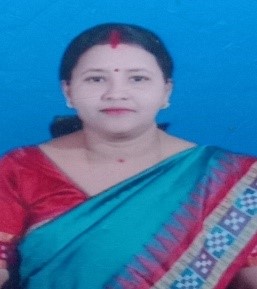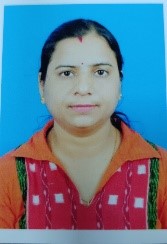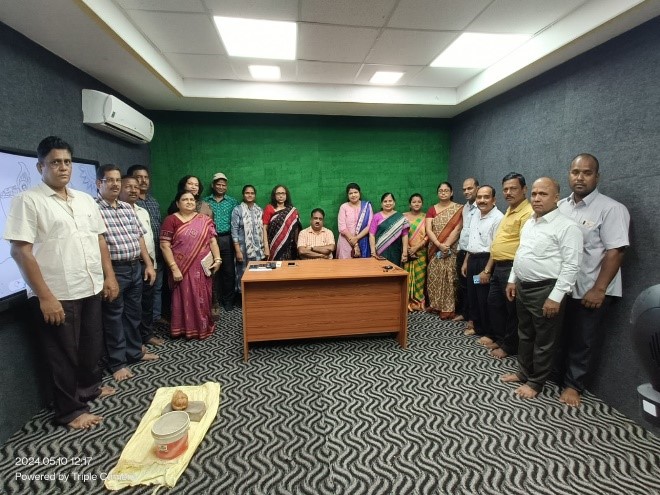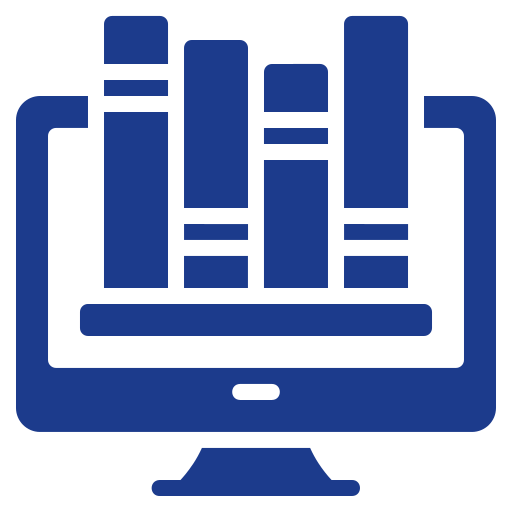-

Ms. Bandita Pattanaik
Assistant Director
-

Ms. Pralipta Mishra
Assistant Director
-

Dr. Purna Ch. Brahma
Assistant Director
About the Department
The Teacher Education & State Council of Educational Research and Training (SCERT) as the Academic Authority of the state plays a pivotal role in formulating and implementing educational policies and programs in the state. The vision for ICT in education aligns with its broader goals of enhancing the quality, equity, and relevance of education through the effective integration of technology into teaching and learning processes. The State Council of Educational Research and Training, typically formulates visions for integrating ICT (Information and Communication Technology) into education to enhance learning experiences. DIKSHA is a repository of all ICT implications for the teachers and students. It helps all educational officers and other stake-holders to go through the contents of school education. NISTHA of NCERT, New Delhi supports in reaching all initiatives to last beneficiaries in the society virtually. The department of ICT, DIKSHA, NISTHA of SCERT.


Vision and Objectives
- ICT Integration into Curriculum: SCERT envisions the seamless integration of ICT tools and resources into the curriculum across all subjects and grade levels. This integration aims to enhance the teaching-learning process and make education more interactive, engaging, and effective.
- Teacher Training and Capacity Building: SCERT places a strong emphasis on providing comprehensive training and capacity-building programs for teachers to effectively use ICT in their teaching practices. This includes training on digital pedagogy, ICT tools and resources, and innovative teaching methodologies.
- Digital Content Development: SCERT focuses on developing high-quality digital content, including e-books, multimedia materials, interactive simulations, and educational software, aligned with national curriculum frameworks and pedagogical principles. This content is designed to cater to diverse learning styles and needs.
- ICT Infrastructure Development: SCERT works towards ensuring that schools have access to adequate ICT infrastructure, including computers, internet connectivity, multimedia resources, and digital devices, to support effective teaching and learning activities.
- Innovative Inclusive Education: SCERT promotes the use of ICT to foster inclusive education by catering to the diverse learning needs of all students, including those with disabilities or special educational needs. This includes the development of accessible digital content and assistive technologies.
- Research and Innovations in ICT: SCERT encourages research and innovation in the field of ICT in education, exploring new technologies, pedagogical approaches, and best practices for enhancing teaching and learning outcomes. This includes conducting studies, pilot projects, and evaluations to inform policy and practices.
- Assessment and Evaluation: SCERT leverages ICT for assessment and evaluation purposes, including the development of digital assessment tools, online quizzes, adaptive learning platforms, and learning analytics to monitor student progress and provide timely feedback.
- Digital Literacy and Citizenship: SCERT emphasizes the importance of digital literacy and citizenship skills, educating students about responsible and ethical use of technology, online safety, digital privacy, and cyber hygiene.
- Community Engagement: SCERT encourages collaboration and partnerships with stakeholders, including parents, communities, industry partners, and policymakers, to promote the effective use of ICT in education and address challenges related to implementation and sustainability.
- Innovation and Collaboration: Encouraging innovation in ICT integration and fostering collaboration among educators, researchers, industry partners, and policymakers to continuously improve educational practices and outcomes. It seeks to foster collaboration with national organizations, institutions, and experts to exchange knowledge, share best practices, and learn from global experiences in leveraging ICT for educational purposes.
These objectives contribute to a comprehensive vision for leveraging ICT, DIKSHA & NISTHA to enhance teaching and learning in schools, with the ultimate goal of preparing students for success in the digital age.
Areas of Work
-
Production Programmes on development of e-content, digital library and e-library
-
Orientation Programmes on DIKSA, PM-E-VIDYA and other digital aspects for teachers, CRCCs, Teacher Educators.
-
Live Programmes on MATHAN, GYANALOKA and QUIZEES
-
Monitoring and Hand-holding Programmes for promotion of Digital Approach of teaching and learning.




